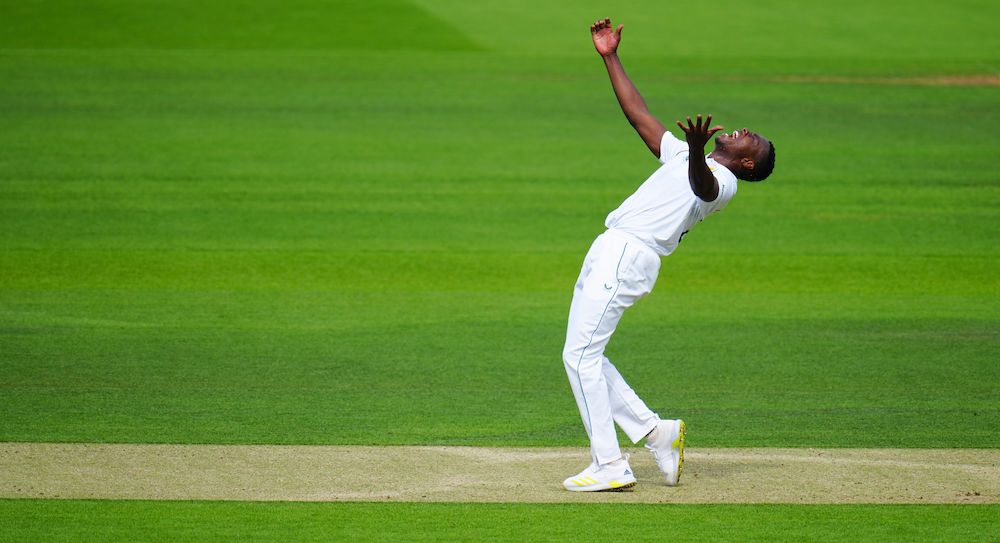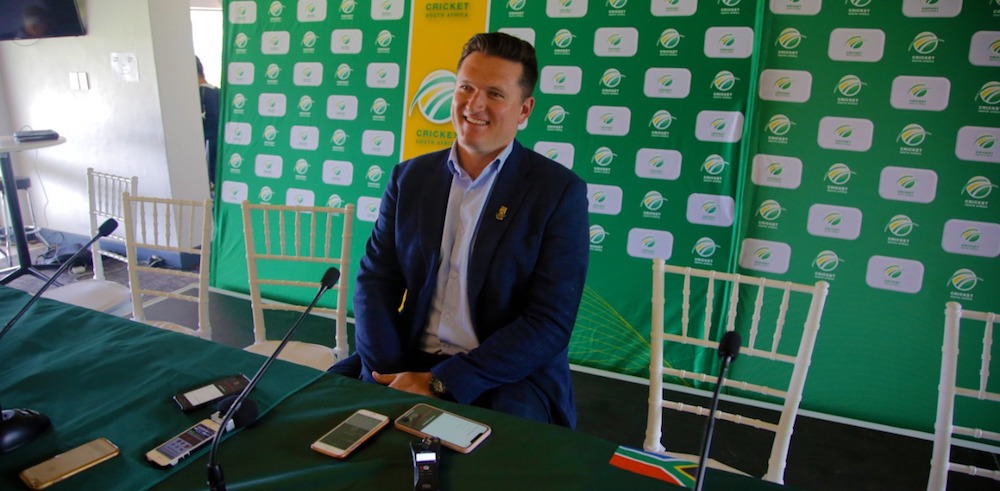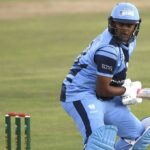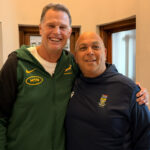By etching his name on the Lord’s honours board, the Proteas’ premier bowler shows that South Africa is making progress despite its myriad challenges.
Every cricket ground worth the water that feeds it has an honours board recognising the great achievements it has staged. One, though, stands above all others. Test centuries and five-wicket hauls count the same no matter where they were scored, but those registered at Lord’s carry greater significance.
This is the result of self-aggrandising mythology at the self-anointed ‘Home of Cricket’, a place where history is steeped in tradition and suited members quaff champagne from cushioned seats.
We can scoff at the nonsense ideology and turn our noses up at the imperial undertones, but anyone enamoured with the fate of a leather-bound cork ball would recognise the obvious romance within this storied arena.
Which is why Kagiso Rabada’s five wickets for 52 runs across England’s first innings resonates at a different frequency than his other 12 five-wicket hauls. This one eclipses his seven-for and six-for – both in the same game – against England in Centurion in 2016, as well as his six-for against Australia in Gqeberha in 2018. Now his name will be etched on the hallowed oak that includes 187 other entries.
Eleven other South Africans are on the list. Eight were recorded during the dark days of imperialism and later apartheid. Allan Donald’s was the first name up on the board after readmission in 1992, with five for 74 in 1994. He was on it again four years later with five for 32 and would have to wait five more years before he was joined by Makhaya Ntini, who collected two five-fors in the 2003 Test in which he famously kissed the manicured strip on completion of his match return of 10 for 220 in an innings win.
“There was a lot of emotion,” Ntini said afterwards. “Relief, enjoyment and a lot of pride. All I could think about was the fact that the name ‘Ntini’ would forever sit in the place they call the home of cricket. I thought of my children seeing their names on the wall one day, and then I thought of all the young Black boys who would know that anything is possible. But I was just glad to put a South African name up there because I wanted every South African to share my pride.”
Vernon Philander’s five for 30 helped secure a series victory and catapult South Africa to the top of the ICC’s Test rankings in 2012, but it’s been a long wait for another Protea to join this illustrious club. With so much hardship preceding his accomplishment, Rabada’s dismantling of England under the London sunshine looked remarkably simple.
Of course, it was anything but, though you’d never guess by watching him bowl. He glides across the turf like a water striding insect over a still lake. He contracts and unfurls his body like an expert yogi. Once he unleashes hell from his lithe action, the ball explodes from his cocked wrist, kissing the turf as it thwacks into a batter’s pad, outside edge or stump.
“I love him, he’s brilliant, he’s a fantastic competitor,” said a gushing Stuart Board, himself a double entrant on the Lord’s honours board. “He’s got great attributes to a fast bowler. He swings the ball, keeps fit and he’s quick. I enjoy watching him bowl when he’s not playing against England. He’s great to play against.”
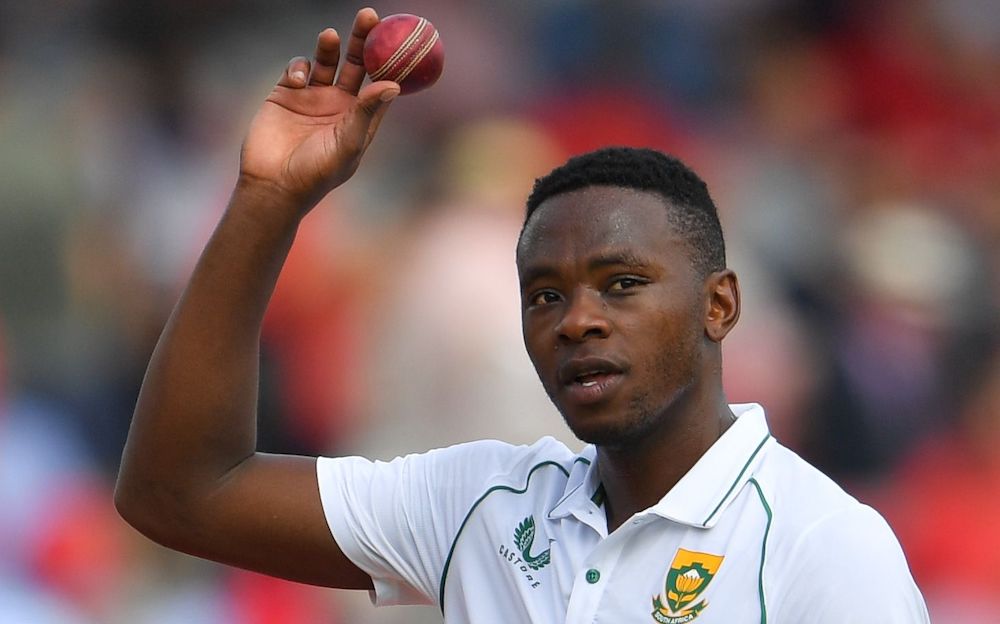
Rabada takes a Test wicket with every 40th ball bowled. That is a better rate than anyone who has snared 100 scalps since 1900. The parallels with Ntini are tantalising, but they each represent different stages of South Africa’s post-apartheid journey.
Ntini, born in the rural Eastern Cape village of Mdingi, was a cattle herder before he was a cricketer. He became an exemplar of the changing social landscape in Nelson Mandela’s nascent democracy. As the first Black South African to don the Protea he was a totem of change, a beacon of hope, a torchbearer for a brighter future.
Rabada was born into a privileged life that Ntini was not afforded when he was growing up. His father is a doctor and his mother is a lawyer, and successful ones at that. Throughout his life, he attended elite schools where his natural athletic gifts were cultivated and shaped into the end product we see now.
This is not to diminish his prowess on the field. He is walking a path that the anti-apartheid activists fought so hard to pave. As he let out a roar on completion of his milestone at Lord’s, he underlined the strides the country has taken. It’s hard to see through the gloom of rampant corruption, decaying state infrastructure and unchecked crime, but in Rabada, at least, we have a tangible representation of progress.
I wonder if he thought about any of that as he walked off to a standing ovation after bowling England out for 165. Did his mind turn to politics and history as Sarel Erwee’s 73 and a pair of 41s from Marco Jansen and Keshav Maharaj launched South Africa to 289 for seven and an overnight lead of 124? Probably not. Rabada has dipped his toe into these murky waters but has kept himself at a safe distance from these challenging conversations.
Which is fair enough. His job is to take wickets for his team. He’s proven to be more efficient at that than any other bowler in 122 years. His swerving, zipping, venomous deliveries say more than enough.

